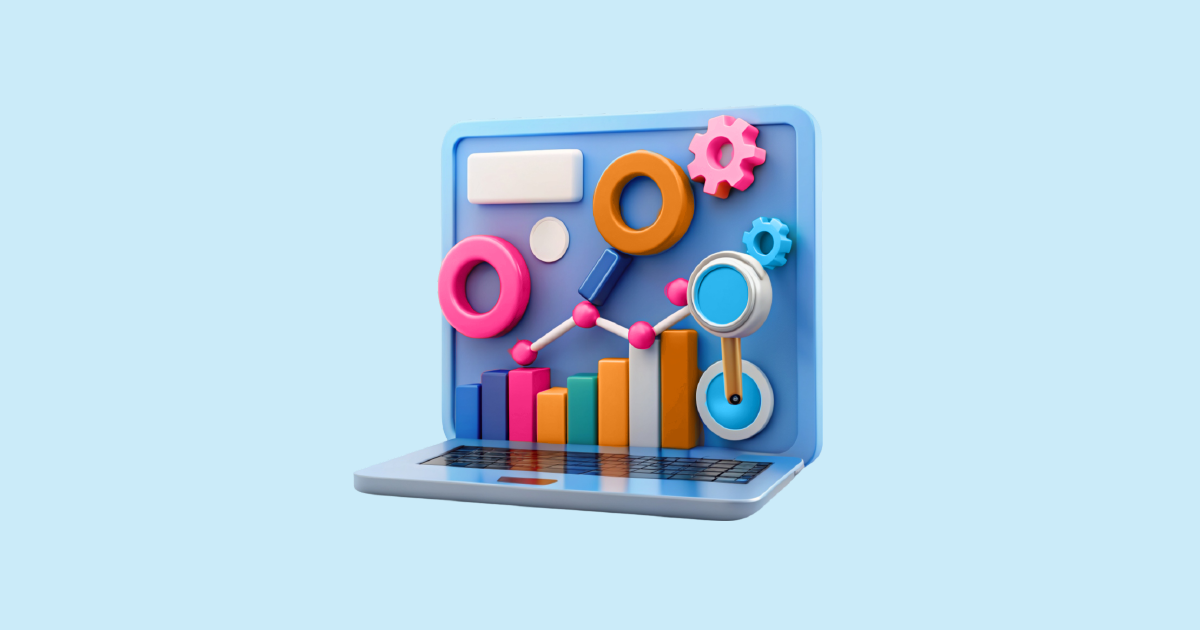In the digital age, social media has become an integral part of our daily lives. From sharing selfies to staying updated with the latest news, these platforms offer a world of possibilities at our fingertips. But have you ever wondered what happens behind the scenes? Enter the world of social media data tracking—a realm where your likes, shares, and clicks are more than just virtual interactions. They’re data points, valuable insights into your preferences and behaviors.
What is Social Media Data Tracking?
![]()
At its core, social media data tracking refers to the collection and analysis of user data by platforms to understand and predict user behavior. This process encompasses a wide array of data types, including demographics, location, browsing history, and even the time spent on particular posts. Each click and interaction helps build a comprehensive profile of the user, enabling platforms to tailor content and advertisements specifically to individual preferences.
How Does Social Media Data Tracking Work?
Social media platforms employ sophisticated methods to gather data. Cookies, tracking pixels, and app integrations are just a few tools in their arsenal. Algorithms powered by artificial intelligence analyze this data, identifying patterns and trends that help improve user experience and increase engagement. Imagine a digital puzzle where each piece represents a data point, and the completed picture reveals a detailed snapshot of who you are online.
Benefits of Social Media Data Tracking
1. For Businesses
For businesses, data tracking is a goldmine. It allows companies to target their advertisements more effectively, ensuring they reach the right audience at the right time. This precision targeting increases the return on investment (ROI) for advertising campaigns, driving sales and brand loyalty. It’s like having a compass that points directly to potential customers, minimizing guesswork and maximizing impact.
2. For Consumers
Surprisingly, consumers also benefit from data tracking. Personalized content recommendations mean users see more of what they love and less of what they don’t. Whether it’s discovering a new band or finding the perfect pair of shoes, data tracking enhances the user experience by making it more relevant and enjoyable. It’s like having a personal shopper who knows your taste perfectly.
Risks and Concerns of Data Tracking
1. Privacy Issues
However, with great power comes great responsibility. Data tracking raises significant privacy concerns. Users often feel like they’re being watched, with every move scrutinized and recorded. This unease stems from the fear that personal information might be misused or fall into the wrong hands. It’s akin to living in a house made entirely of glass, where nothing is truly private.
2. Data Security Threats
Data security is another pressing issue. Cyberattacks and data breaches pose a constant threat, putting users’ sensitive information at risk. When personal data is exposed, it can lead to identity theft, financial loss, and other serious consequences. It’s like leaving the front door of your digital life wide open for intruders.
Social Media Platforms and Data Tracking Policies
1. Facebook
Facebook, a giant in the social media realm, has been at the forefront of data tracking controversies. Its policies have evolved over the years, focusing on transparency and user control. However, concerns about the platform’s data handling practices persist.
2. Instagram
Owned by Facebook, Instagram follows similar data tracking protocols. It tracks user interactions, locations, and even device information to optimize its services and advertisement placements.
3. Twitter
Twitter collects data to enhance user experience and tailor content. Its privacy settings allow users to control some aspects of data collection, but many users remain wary.
4. TikTok
TikTok’s rapid rise in popularity has spotlighted its data-tracking practices. Concerns about the app’s Chinese ownership have fueled debates about data privacy and security.
User Awareness and Consent
1. Importance of Transparency
Transparency is key to building trust between social media platforms and users. When companies openly communicate their data collection practices, users can make informed decisions about their online interactions.
2. How Users Can Manage Data Tracking
Users have the power to manage data tracking to some extent. Adjusting privacy settings, disabling cookies, and using ad blockers are effective ways to limit data collection. It’s like putting on a shield that protects your digital footprint.
Legal Aspects of Data Tracking
1. GDPR and CCPA
The General Data Protection Regulation (GDPR) and California Consumer Privacy Act (CCPA) are legal frameworks designed to protect user data. They mandate transparency and user consent, holding companies accountable for their data practices.
2. Implications for Companies
For businesses, these regulations mean stricter data handling protocols and potential penalties for non-compliance. It’s a delicate balancing act between leveraging data for growth and respecting user privacy.
Ethical Considerations
1. Balancing Business Needs and User Privacy
Ethically, companies face the challenge of balancing profit motives with user rights. Responsible data usage involves respecting user privacy while still harnessing data for innovation and growth.
2. The Role of Social Media Companies
Social media companies have a responsibility to protect user data and foster a safe online environment. By prioritizing ethical data practices, they can build trust and ensure sustainable growth.
Future Trends
1. Trends and Predictions
As technology advances, data tracking will become even more sophisticated. Machine learning and predictive analytics will offer deeper insights into user behavior, revolutionizing how companies engage with their audiences.
2. Innovations in Data Privacy
Innovation in data privacy is also on the horizon. New technologies will empower users to control their data more effectively, creating a more balanced digital ecosystem.
Conclusion
Social media data tracking is a double-edged sword, offering both benefits and challenges. While it enhances user experience and business growth, it also raises significant privacy and security concerns. By understanding how data tracking works and taking steps to manage their digital footprints, users can navigate the social media landscape more safely. Meanwhile, companies must prioritize ethical data practices to build trust and ensure long-term success. For businesses eager to harness the power of data while maintaining ethical standards, exploring tailored solutions is crucial. Request a demo from AIM Technologies today to discover how you can effectively leverage data tracking while safeguarding user privacy.
FAQs
What is the purpose of data tracking on social media?
- Data tracking helps social media platforms tailor content and ads to individual users, enhancing user experience and engagement.
How can I protect my data on social media platforms?
- Adjust your privacy settings, disable cookies, and use ad blockers to limit data collection and protect your information.
Are there any benefits for users when their data is tracked?
- Yes, users receive more personalized content and recommendations, improving their overall experience on social media platforms.
What legal measures protect users’ data on social media?
- Regulations like GDPR and CCPA mandate transparency and user consent, holding companies accountable for their data practices.
How will data tracking evolve in the future?
- Data tracking will become more sophisticated with advancements in AI and machine learning, offering deeper insights into user behavior while innovations in data privacy will empower users to control their data more effectively.



